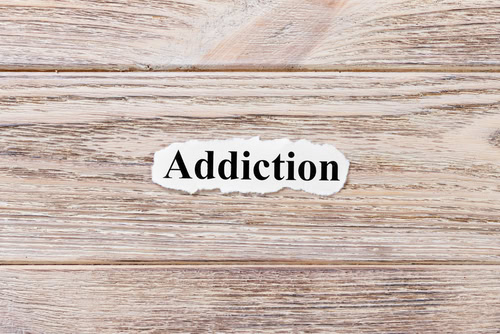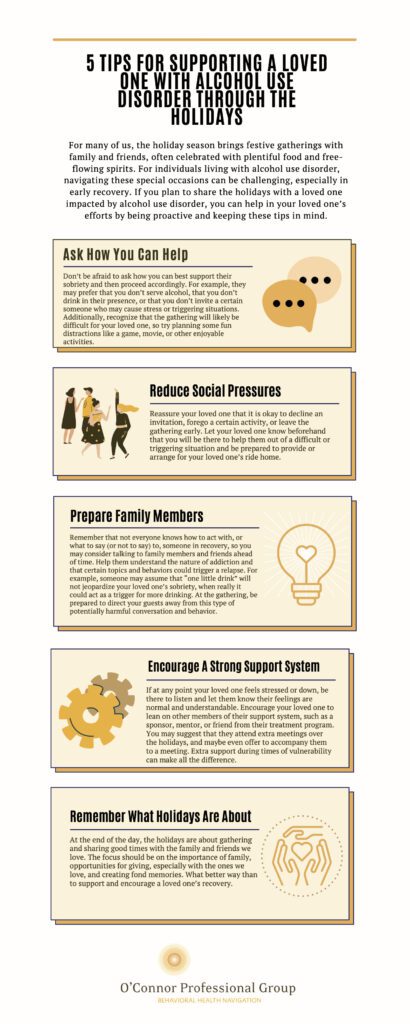How Can Counseling Help with My Alcohol Problem?

Alcohol Recovery
Counseling can help you break free from alcohol dependency by addressing the emotional roots of your drinking, teaching healthier coping strategies, and providing a strong, non-judgmental support system for long-term recovery.

Understanding the Link Between Alcoholism and Isolation
What Defines Alcoholism?
Alcoholism, like many substance use disorders, is fundamentally a disease of isolation. You might turn to alcohol as a social lubricant to feel more comfortable around others or as a numbing agent to avoid confronting painful emotions and experiences. But over time, alcohol deepens those feelings of isolation, pushes loved ones away, and strengthens the addiction.
Benefits of Counseling for Alcoholism
This creates a vicious cycle: the more you drink to escape loneliness or distress, the more disconnected and dependent you become. Counseling is a powerful tool for breaking this cycle by addressing the underlying emotions, behaviors, and relationship challenges fueling your alcohol use.
How Counseling Can Help You Overcome Alcohol Problems
Professional counseling offers more than just someone to talk to—it provides a structured, compassionate approach to healing.
Here’s how counseling supports alcohol recovery:
- Strengthening Self-Reflection: Alcohol often impairs honest self-awareness; therapy helps you rebuild clarity and self-compassion without falling into fantasy or self-loathing.
- Breaking Isolation: Therapy gives you a safe, judgment-free space to express feelings you may have kept bottled up for years.
- Emotional Healing: Counselors help you process the root causes of your drinking, such as trauma, anxiety, depression, or stress.
- Building New Coping Skills: Learn healthier strategies to manage emotional triggers instead of turning to alcohol.
- Rebuilding Relationships: Counseling can guide you in repairing relationships strained by addiction and creating a stronger, healthier support system.
- Navigating Triggers and Cravings: Therapists teach techniques to recognize and manage triggers that could lead to relapse.
Why Self-Reflection Alone Is Not Enough
Attempting to recover from alcoholism without support can be overwhelming. Alcohol and alcohol withdrawal affect brain chemistry, making genuine reflection difficult—leading to distorted thoughts, self-blame, or denial.
Guided professional counseling provides stability during this time, offering practical tools to better understand yourself and navigate the emotional ups and downs of recovery.
Counseling at Intent Clinical: Your Partner in Recovery
At Intent Clinical, we understand the complexities of alcoholism recovery. Our multidisciplinary team of experts provides:
- Personalized therapy plans tailored to your emotional, physical, and social needs
- 24/7 emotional support, offering a lifeline when you need a judgment-free conversation
- Holistic care that addresses not just the addiction but the mental and physical health issues connected to it
Whether you’re managing withdrawal symptoms, rebuilding your support network, or simply need someone to listen, Intent Clinical is here to walk with you every step of the way.
Remember: recovery isn’t just about stopping drinking—it’s about reconnecting with yourself, rebuilding your life, and finding lasting strength in the people who care for you.
Quick Resources for Help with Alcohol Recovery
Mental Health America – Alcohol Abuse Resources – Website
National Institute on Alcohol Abuse and Alcoholism (NIAAA) – Website
SAMHSA’s National Helpline – 1-800-662-HELP (4357)

